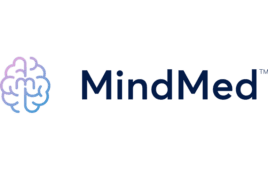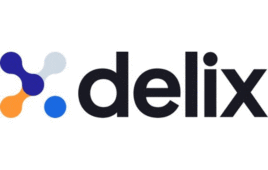 Terran Biosciences, a neurology and psychiatry-focused startup, has announced the publication of patent applications under the Patent Cooperation Treaty (PCT) for its novel prodrugs of DMT, 5-MeO-DMT and MDMA.
Terran Biosciences, a neurology and psychiatry-focused startup, has announced the publication of patent applications under the Patent Cooperation Treaty (PCT) for its novel prodrugs of DMT, 5-MeO-DMT and MDMA.
Claim of superior pharmacokinetics
The company believes the prodrugs have superior pharmacokinetic profiles compared to the unmodified forms of these Schedule I substances. Additionally, it believes it can make DMT and 5-MeO-DMT orally active through its proprietary prodrug approach. Visceral monoamine oxidase (MAO), a digestive enzyme, inactivates the drug when taken orally in its standard form.
DMT, the primary psychoactive ingredient in ayahuasca, is traditionally consumed with an MAO inhibitor (MAOI) such as harmine or harmaline. This approach is unlikely to become widely adopted in clinical practice as a result of potential side effects such as nausea, vomiting and blood pressure changes.
Although injectable, inhaled, buccal and sublingual delivery methods are also possible for DMT and 5-MeO-DMT, Terran notes in a press release that it “believes oral medications would provide the best use profile for patients.”
A Phase 1 study at Yale found that DMT has promise in treating major depressive disorder. A Phase 2 study is in the works.
Possible long-acting form of MDMA
Classic MDMA, conversely, is orally active. The Multidisciplinary Association for Psychedelic Studies (MAPS) Executive Director Rick Doblin recently predicted that the FDA would approve MDMA-assisted therapy for PTSD in 2024. The organization has conducted two Phase 3 studies of the drug for that indication.
Terran believes its MDMA prodrug could be the first long-acting form of MDMA. The company notes that clinical trials exploring the use of the drug as an adjunct to psychotherapy often use an MDMA redosing strategy for some patients.
Last year, Terran acquired central nervous system assets from Concert Pharmaceuticals (Nasdaq:CNCE). Terran plans to develop deuterated compounds with potential applications across several different psychiatric and neurological conditions.
While public interest in psychedelics has been on the upswing recently, public psychedelic therapy companies have struggled with falling valuations in recent years.
Filed Under: Psychiatric/psychotropic drugs





Tell Us What You Think!
You must be logged in to post a comment.